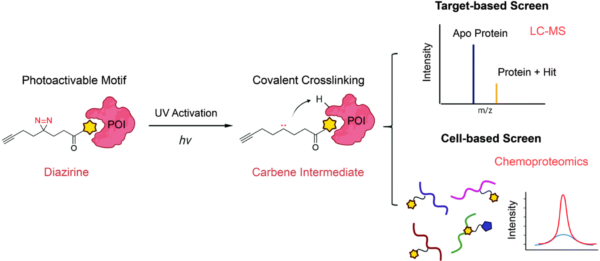Introduction:
Within the realm of gene regulation, transcription factors are the key players orchestrating the intricate dance of gene expression. These master regulators, capable of binding to specific DNA sequences, govern the activation or repression of genes, influencing cellular functions and ultimately shaping an organism. The Human Transcription Factors Annotated Library serves as a valuable resource for researchers, offering a vast collection of annotated chemical compounds that modulate transcription factor activity and providing crucial insights into the complex world of gene regulation.
The Human Transcription Factors Annotated Compound Library: A Treasure Trove of Chemical Modulators
The Human Transcription Factors Annotated Compound Library is a curated repository comprising a diverse array of chemical molecules with experimentally validated interactions with human transcription factors. Spanning various compound classes, including small molecules, peptides, and natural products, the library offers comprehensive information on each compound, including chemical structure, physicochemical properties, binding affinity, selectivity, and associated biological activities.
This dynamic library is continuously updated with new compounds, garnered from a wide range of sources, such as high-throughput screening campaigns, structure-based drug design, and chemical synthesis efforts. By integrating data from scientific literature, public databases, and research collaborations, the library consolidates a wealth of information, empowering researchers with the knowledge to understand the chemical modulation of transcription factors and its implications for gene expression.
Applications in Gene Regulation Research:
The Human Transcription Factors Annotated Compound Library serves as a powerful tool for researchers investigating gene regulation at the molecular level. By exploring the library, researchers gain access to a comprehensive collection of chemical compounds that can specifically modulate the activity of transcription factors. This knowledge opens up various avenues of research and applications in understanding gene regulatory networks and developing novel therapeutic strategies.
The library facilitates the elucidation of the functional roles and mechanisms underlying specific transcription factors. By studying the chemical modulators annotated in the library, researchers can gain insights into the structural features and binding sites of transcription factors, unraveling their complex interactions with DNA and co-regulatory proteins. This information aids in uncovering the molecular mechanisms by which transcription factors regulate gene expression and contribute to cellular processes and diseases.
Moreover, the Human Transcription Factors Annotated Compound Library supports the discovery and optimization of transcription factor modulators as potential therapeutics. Researchers can utilize the library to identify lead compounds or scaffolds that exhibit desirable binding affinity and selectivity for specific transcription factors. This opens up avenues for the design and synthesis of novel compounds with the potential to modulate gene expression in a targeted and controlled manner, providing opportunities for the development of precision medicine and personalized therapies.
Collaboration and Knowledge Sharing:
The Human Transcription Factors Annotated Compound Library fosters collaboration and knowledge sharing among researchers and institutions in the field of gene regulation. Through the library, researchers can contribute their own experimental and computational data on compound interactions with transcription factors, enriching the collective knowledge and annotations of the library. This collaborative environment ensures the constant refinement and expansion of the library’s content, enhancing its usefulness and reliability for the wider scientific community.
Conclusion:
The Human Transcription Factors Annotated Compound Library is an indispensable resource for researchers delving into the realms of gene regulation and transcription factor modulation. By curating and annotating a vast collection of chemical compounds that interact with human transcription factors, the library offers crucial insights into the complex dynamics of gene expression. With its extensive chemical diversity and comprehensive annotations, the library accelerates the discovery of modulators, paving the way for advancements in our understanding of gene regulatory networks and the development of innovative therapeutic interventions.

